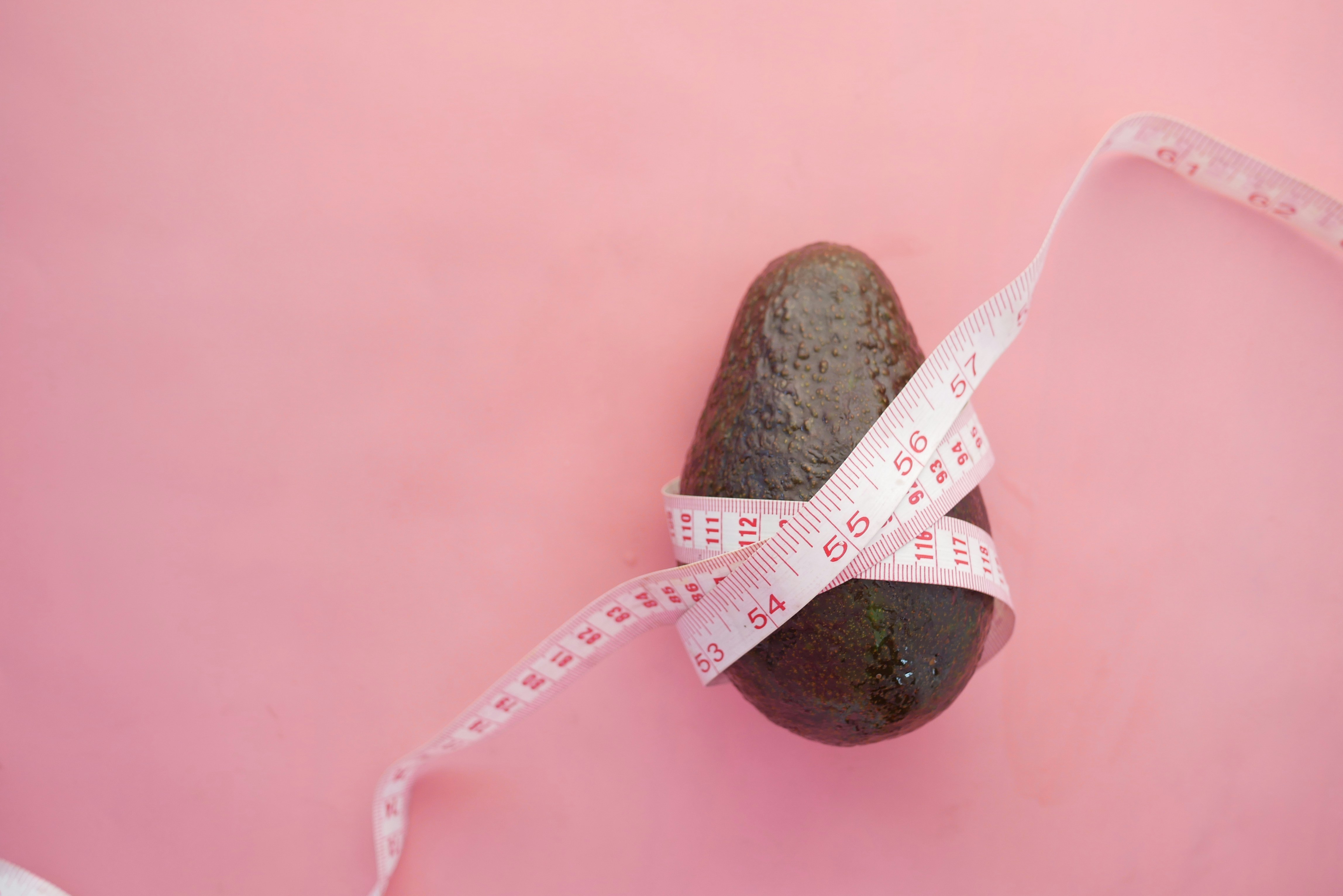Have you ever found yourself feeling anxious about attending social events because of your dietary restrictions? It’s a common concern for those who need to follow a low-oxalate diet, and it can be particularly challenging to navigate gatherings where food is a central focus. Social events should be enjoyable, but when you’re worried about what you can and cannot eat, it can take away from the fun. That’s why, in this article, we’re going to walk through how you can handle social events while managing a low-oxalate diet, ensuring you can enjoy your time with friends and family without compromising your health.
Understanding a Low-Oxalate Diet
First things first, let’s get a good grasp on what a low-oxalate diet entails. This diet primarily focuses on reducing oxalate intake to prevent the formation of kidney stones and manage conditions like hyperoxaluria. Oxalates are natural compounds found in many foods, and when consumed in high amounts, they can lead to health issues for susceptible individuals.
What are Oxalates?
To understand why this diet is important, we need to know what oxalates are. Oxalates are organic acids found in plants, and they can bind with calcium to form calcium oxalate, which is a type of kidney stone. Foods high in oxalates can lead to an excess accumulation of these compounds in your body, potentially resulting in kidney stones and other health complications.
The Purpose of a Low-Oxalate Diet
The main goal of a low-oxalate diet is to prevent the formation of kidney stones by reducing the dietary intake of oxalates. This dietary approach is particularly beneficial for individuals who are prone to developing oxalate-related kidney stones. By carefully selecting foods, those following this diet can maintain their health and avoid painful kidney stones.
Preparing for Social Events
When you’re embarking on an outing where food will be involved, a bit of preparation can go a long way. You don’t want to arrive at a party only to find out there’s nothing safe for you to eat. Fortunately, with some foresight, you can ensure there are options available that align with your dietary needs.
Researching the Venue or Menu
If your social event is taking place at a specific venue or involves a menu, take some time to research the options ahead of the outing. Many restaurants and catering services list their menus online, making it easy for you to determine what’s available. Look for dishes that align with your low-oxalate dietary needs or consider contacting the venue to inquire about their menu options.
Communicating with the Host
Don’t hesitate to reach out to the host to discuss your dietary restrictions. A friendly chat can help them accommodate your needs, and it also allows you to bring any dishes you might need. Most hosts are happy to make arrangements or suggest dishes that will fit into your diet.
Low-Oxalate Foods: Safe Choices and Cautionary Picks
Now, let’s look at the types of food you should seek out or avoid when attending social events. It’s helpful to have a list of safe and cautionary foods so you can quickly assess your options.
Low-Oxalate Foods: Your Safe Bets
Here’s a table summarizing some low-oxalate foods that are typically safe to include in your diet.
| Food Category | Foods to Include |
|---|---|
| Vegetables | Broccoli, zucchini, carrots, cabbage |
| Fruits | Apples, bananas, cherries, grapes |
| Proteins | Chicken, fish, turkey, eggs |
| Grains | Rice, pasta, white bread |
| Dairy | Milk, cream, cheese |
Foods High in Oxalates: What to Avoid
On the flip side, there are foods that are best avoided due to their high oxalate content. Here’s a list of foods you should steer clear of:
- Spinach
- Rhubarb
- Beets
- Nuts (especially almonds and peanuts)
- Chocolate
- Sweet potatoes
- Whole grains
- Black tea
Moderation is Key
While it’s essential to avoid high-oxalate foods, it doesn’t mean you can never indulge. Moderation is critical, and discussing your diet with a healthcare professional can help you determine how to balance occasional treats with low-oxalate staples.
Making a Low-Oxalate Plate at Social Gatherings
When you’re at a social event, you can create a low-oxalate-friendly plate by making strategic choices. Here, we’ll discuss how to build a satisfying meal with the options available to you.
Building Your Plate
Start by choosing a protein source such as grilled chicken or fish, paired with low-oxalate veggies like broccoli or carrots. Add a portion of rice or pasta on the side. These staples can create a balanced meal that keeps you within your dietary requirements while still enjoying what’s offered at the gathering.
Being Mindful of Sauces and Dressings
Sauces, dressings, and condiments can often contain hidden sources of oxalates, so it’s wise to approach them with caution. Stick to simple dressings like olive oil or a squeeze of lemon juice, and avoid dressings containing nuts or seeds.
Social Strategies for a Low-Oxalate Diet
Navigating social events involves more than just choosing the right food. Here are some additional strategies to ensure you have a good time while managing your dietary restrictions.
Bring a Dish to Share
Offer to bring a low-oxalate dish you’ve made. This ensures you have at least one item you can safely enjoy, and it also provides an opportunity to introduce your friends or family to your dietary choices.
Explain Your Diet Simply
When your dietary needs come up in conversation, explain them simply. For instance, you can mention that you are managing a specific health condition that requires you to avoid certain foods. It’s likely that others will be understanding and supportive.
Focus on the Social Aspect
Remember that social events are about more than just food. Focus on enjoying conversations, activities, and the company of those around you. Shifting attention away from the food can help alleviate any anxiety you might have about your restrictions.
Navigating Alcohol Choices
Alcohol is often part of social gatherings, and it might seem tricky to find beverages that fit within your low-oxalate parameters. However, there are options available.
Low-Oxalate Alcohol Options
While most beers and wines contain oxalates, some spirits like vodka, gin, and whiskey are generally considered lower in oxalates. When consuming alcohol, moderation is critical to avoid dehydration, which can exacerbate kidney stone issues.
Staying Hydrated
Staying hydrated is always essential, especially when managing oxalate intake. Drinking plenty of water can help dilute oxalates and reduce the risk of stone formation. Aim to have water as your primary drink during the event to counterbalance any oxalate intake.
Handling Moments of Temptation
Let’s face it; social events are often rife with temptations. It’s easy to feel drawn to foods that you know aren’t the best for your diet. Here’s how you can handle those moments.
Mindful Eating Practices
Practice mindful eating by paying attention to why you’re tempted and what you’re genuinely hungry for. Mindful eating involves savoring your food, eating slowly, and listening to your body’s hunger cues.
Alternatives and Compromises
When you find yourself drawn to a high-oxalate dish, consider if there’s a compromise. Can you have a smaller portion alongside a more considerable helping of a low-oxalate food you enjoy? Finding a balance allows you to indulge without fully venturing away from your dietary goals.

Post-Event Strategies
After the social event, refocus on your diet and hydration. Maintaining consistency is crucial for long-term health and success in managing your low-oxalate diet.
Resume Your Regular Routine
Return to your usual eating habits, focusing on low-oxalate foods you enjoy. This routine helps reinforce your dietary choices and keeps you on track.
Learn from Each Experience
Each social event is a learning opportunity. Reflect on what went well and what could be improved for next time. Collectively, these experiences will help you become more adept at handling similar situations in the future.
Seek Support
Sometimes navigating a diet can feel isolating. There are support groups and resources available for people on low-oxalate diets. Connecting with others who understand your dietary challenges can provide immense support and encouragement.
Conclusion
Navigating social events on a low-oxalate diet doesn’t have to be a daunting challenge. With preparation and clear communication, you can enjoy gatherings without sacrificing your health. Remember to research your options, have open conversations, and focus on the positive aspects of social interactions. By maintaining a mindful approach, you can handle your low-oxalate needs with grace and ease, ensuring each event is as pleasurable as the last.





